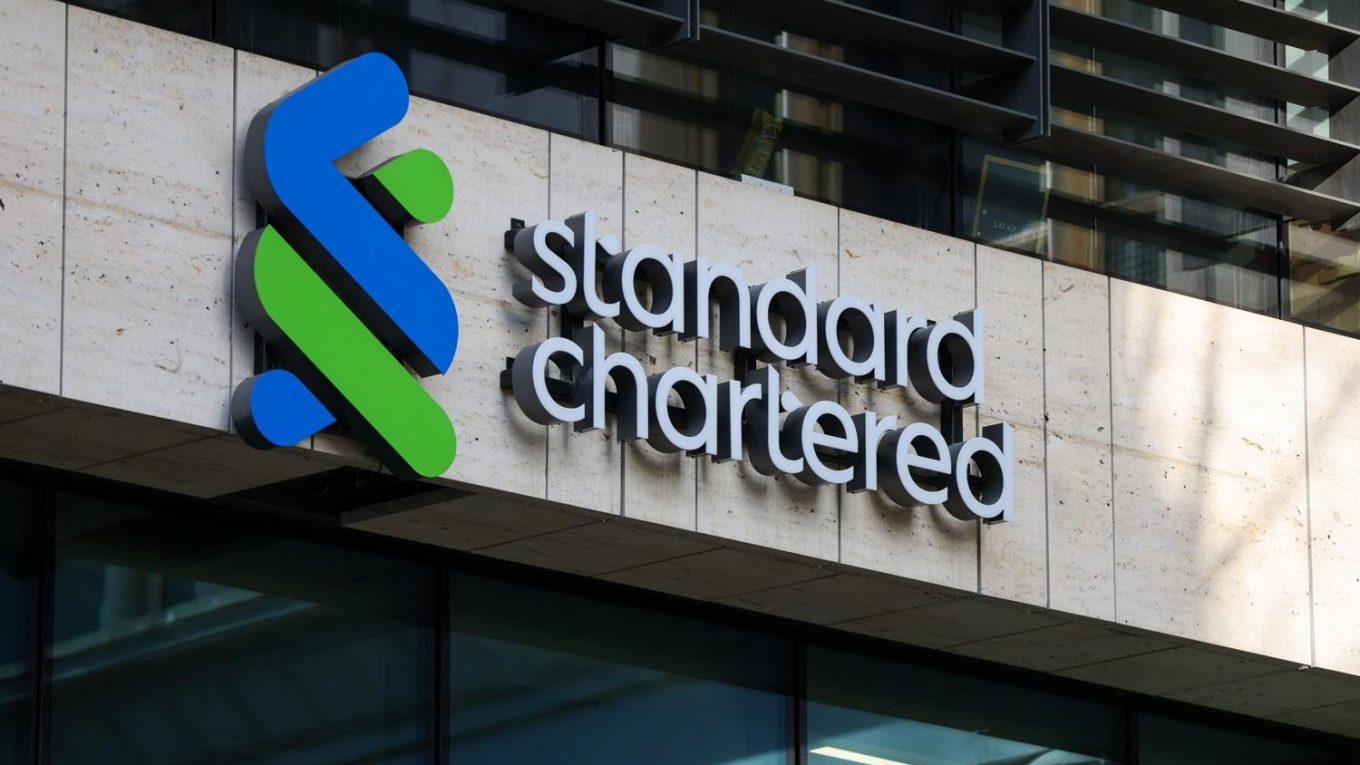Standard Chartered gives 20-week paternity, adoption leave to all employees
The Standard Chartered Bank on Wednesday announced that a 20-week paternity and adoption leave will be given to employees globally as part of its inclusion drive.
In a statement, the bank said that the leave will be made available irrespective of gender, relationship status, or how a child comes to permanently join an employee’s family.
Effective September 1, the new HR policy was part of the company’s commitment to fostering an inclusive culture where employees are supported in balancing their personal lives with building successful careers.
Shivshanker S V, India and South Asia head, HR, StanChart, said, “We believe benefits such as this help address globally prevalent societal norms around traditional roles, improve workforce participation, and provide options to those who want to take up shared childcare responsibilities. This will positively impact families’ financial well-being and create a more inclusive workplace.”
Maternity benefits will continue to be at 26 weeks — in line with the statutory requirements.
Tanuj Kapilashrami, group head of HR at StanChart, said, “We continuously look at how we can introduce progressive benefits that drive inclusion, improve the employee experience, and help colleagues achieve their potential.”
What is the law on maternity leave?
The Indian Maternity Benefit Act, 1961, provided maternity benefits, which included paid leave, medical bonuses, and nursing breaks.
The 1961 legislation lacked specific provisions extending maternity benefits to adoptive mothers, and this change was brought about through a 2017 amendment.
The Maternity Benefits (Amendment) Act, 2017, not only extended the period of maternity leave for biological mothers but also inserted a provision extending maternity leave to adoptive mothers.
The amendment revised Section 5 of the Act to allow 26 weeks of paid leave after childbirth to biological mothers previously entitled to 12 weeks.
It also inserted Section 5(4), stipulating that surrogate or adoptive mothers legally adopting a child below three months would be entitled to a maternity benefit of 12 weeks from the date the child is handed over to the mother.
However, a woman adopting a child older than three months is not entitled to any maternity leave.
What is the law on paternity leave?
Rule 43-A provides paternity leave for a period of 15 days to a male employee with less than two surviving children.
Paternity leave can be availed of during his wife’s confinement for childbirth or up to six months from the date of delivery of the child.
Under the Paternity Benefit Bill, 2017, fathers working in all sectors, including private and unorganised, are entitled to paternity leave.
The bill made 15 days of fully paid leave available to fathers, out of which up to seven days can be availed preceding the expected date of pregnancy. The leave can be taken within three months from the child’s delivery date.
The bill proposed to extend similar benefits to adoptive parents.
